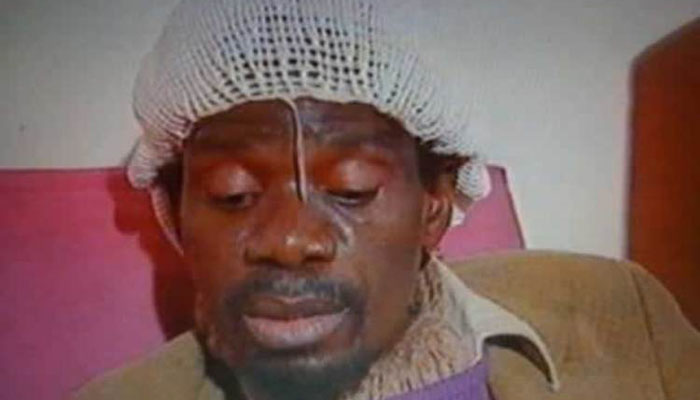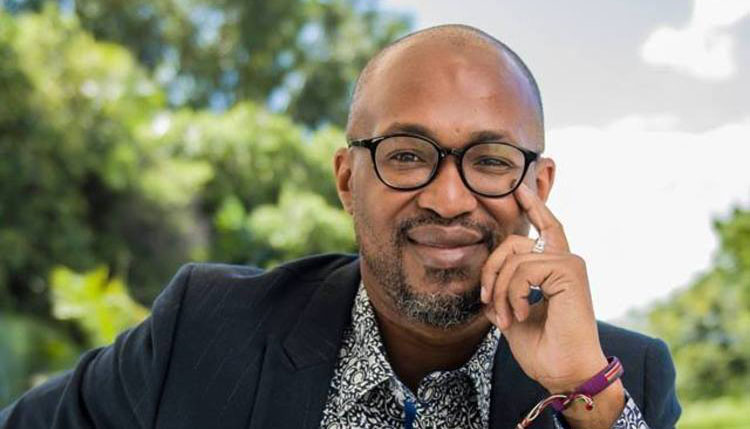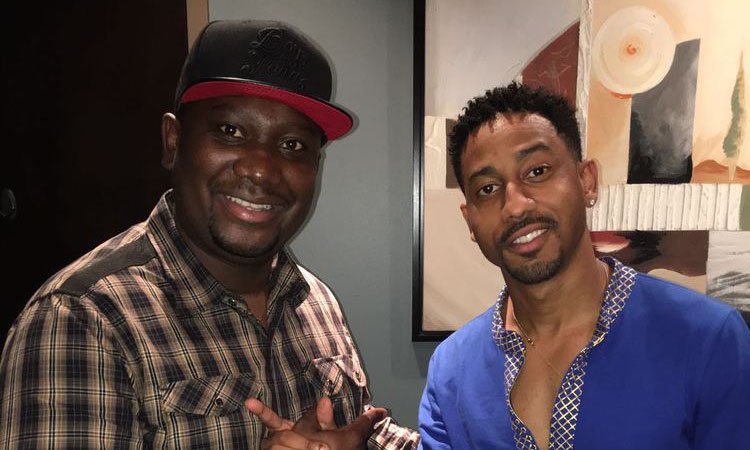
The Sunday Mail

HUMOUR is a key aspect of any society – and Zimbabwe is no exception.
The country is laden with individuals who always look for the funny side of any given situation no matter how bleak. It is no surprise that since the ’80s, the local comedy scene has witnessed many success stories as the genre evolved over the years.
From the time of legendary comedians like Safirio Madzikatire, popularly known as Mukadota, to the present day social media stars, there has never been a dull moment in the entertainment industry. While debate about which era gave birth to the finest comics or comedy productions will continue raging on, the fact remains that every generation has had its heroes in this department.
Characters that include Mukadota, Mutirowafanza and Parafini to mention a few, without a doubt paved the way, keeping viewers glued television. Local dramas in the ’90s had a lot of traction, being prime time programmes on ZBC-TV, which was a staple for the majority of viewers at that time as satellite television had not yet penetrated.
This resulted in these talented personalities growing into household names, becoming mega stars who were adored by many. Their dramas were not just for the laughs as they tackled issues that were affecting society during that era.
Just before the turn of the millennium, another star was born with the introduction of Gringo, real name Lazarus Boora, on national TV.
Arguably one of the best comedians to ever hit the small screen, his exploits in front of the camera as a menace to society left many in stitches. There were numerous other humorous programmes that were produced in the early 2000s with the likes of “Timi naBonzo” and Kapfupi’s street theatre production “Magariro” becoming fan favourites.
The adoption of satellite television and the availability of cheap DVD players on the market was a game changer as this provided viewers with other options of entertainment leading to the dwindling of ZBC-TV viewership.
This meant that local television productions were no longer as popular with many people getting hooked to South African programmes like “Generations”, “Isindigo”, “Rhythm City” and “Scandal”. The comedy scene, however, did not die, with new players like “Sabhuku Vharazipi” and “Mabla 10” seizing the opportunity by putting their dramas on discs and selling them to the ready market rather than sending their productions to the national broadcaster.
This was a new era, which saw many comic films flooding the streets in the form of DVDs. From around 2011, another channel for peddling humorous material was opened in the form of standup comedy. While this genre of comedy had always existed, local audiences started warming up to this movement thanks to the efforts of comedians such as Carl Joshua Ncube, Doc Vikela, Q Dube, Simba the Comic King and Clive Chigubhu among others.
Initiatives such as Simuka Comedy and the Bang Bang Comedy Club provided a platform for both established and upcoming acts to showcase their talents. As time went on, promoters saw a gap and started bringing in international standup comedians, a move that also played a huge role on growing the art.
The popularity of standup comedy was evidenced last year after international act Anne Kansiime performed in front of a sold out arena at the HICC, having sold out 7 Arts Theatre twice the previous year.
Of late, there has been another breed of comedians who do not ply their trade on stage or on TV but rather on social media platforms. Comic Pastor, Bhutisi, Boss Kedha, Ba Tencen, Gonyeti, Madam Boss and Mai Titi are some of the personalities who rose to prominence through their skits on social media platforms.
Besides the availability of internet for the majority of Zimbabweans, pushing content via social media has its pecks as the comics are not confined to local audiences. The prospect of an increase on the number of television channels in the country could bring a new twist to this movement that has managed to navigate the various challenges it has been presented with. Only time will tell what the future holds for local comedy.






